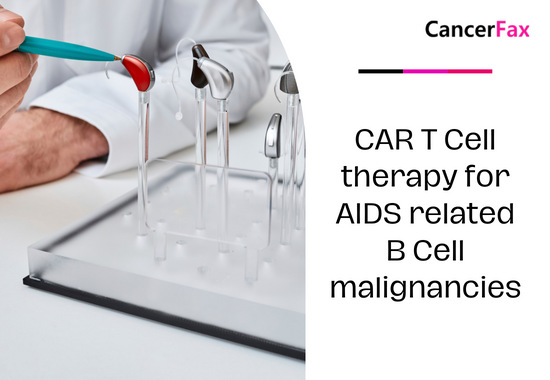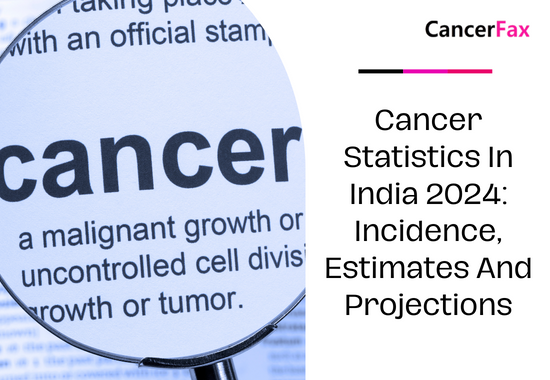At the 2017 annual meeting of the American Liver Disease Association, a large observational study reported that the use of direct antiviral (DAA) therapy to eradicate hepatitis C virus (HCV) can reduce the risk of liver cancer by 71%. In patients with cirrhosis and non-cirrhosis, the risk of liver cancer is reduced. In the United States, most primary liver cancer occurs in people infected with HCV. Researchers at the University of Washington hypothesized that the eradication of HCV could eliminate or at least significantly reduce the risk of liver cancer. However, before HCV eradication, the patient may have developed cirrhosis or liver fibrosis. Even if HCV eradication may be too late, there is still a risk of developing liver cancer. In addition, recent studies suggest that the risk of liver cancer in HCV-infected patients who have received new DAA treatment is still increased. The researchers analyzed 62,051 patients with HCV infection who received 83,695 antiviral treatments. After 180 days of antiviral treatment, an average of 3,271 new liver cancers occurred during a follow-up of 6.1 years. Patients with cirrhosis who failed treatment had the highest incidence of liver cancer (3.25 / 100 person-years), followed by patients with cirrhosis who had sustained virological response (SVR) (1.97 / 100 person-years), and patients who had no cirrhosis but failed treatment (0.87 / 100 person-years) and patients without cirrhosis who obtained SVR (0.24 / 100 person-years). Multivariate analysis showed that after adjusting for potential confounders, SVR was significantly associated with a lower risk of liver cancer, regardless of whether DAA treatment (aHR = 0.29), DAA combined with interferon treatment (aHR = 0.48), or interferon only treatment (aHR = 0.32).
The researchers emphasize that a study at the European Liver Disease Congress last year suggested that HCV patients treated with DAA seem to have a higher recurrence rate of liver cancer. This result is very controversial, because the relationship between HCV and liver cancer suggests that the eradication of HCV should reduce The risk of liver cancer is not to increase the risk of liver cancer. The conclusion of this observational study is very certain that DAA eradication of HCV can reduce the risk of liver cancer by 71%, suggesting that there is no need to worry about the eradication of HCV to increase the risk of liver cancer. The eradication of HCV is to reduce the risk of liver cancer.

